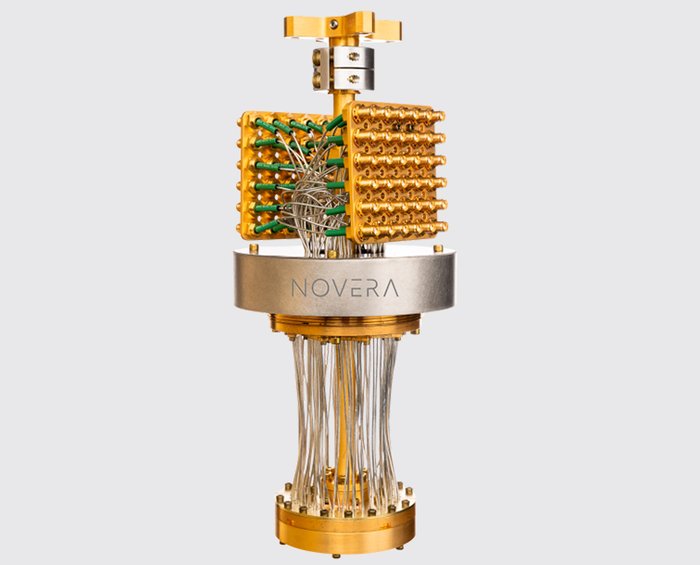Defense Ministry, Innovation Authority plan to create another

Researchers at the Weizmann Institute of Science in Israel have developed the country’s first quantum computer. It joins about 30 quantum computers worldwide and is one of a handful that uses ion trap technology.
Ion traps are systems in which ions (electrically charged atoms) are trapped in a small space using magnetic or electric fields. They can then act as qubits, the fundamental building block of quantum computing analogous to bits in classical computing.
They are switched between states using lasers, in operations known as logic gates.
While classical bits can only be in one of two positions that equate to 1 or 0, qubits can exist in a state of “superposition” where they are both simultaneously. This enables quantum computers to carry out complex calculations much faster than classical computers.
Quantum logic gates are highly sensitive, and any kind of environmental noise, such as from heat, electronics and impurities in component materials, can cause errors. The Weizmann team has overcome this using a pattern of laser pulses.
The Weizmann Institute’s technology is a five-qubit quantum computer.
The team plans to develop a 64-qubit quantum computer, in the range of those as powerful as developed by Google and IBM, in one to two years. This is the level of processing power that delivers quantum advantage, the ability to solve complex calculations a classical computer could not within a feasible timescale.
The first computer in Israel was built in the mid-1950s and called WEIZAC (Weizmann Automatic Computer) and the new quantum computer is expected to be named WeizQC in it honor.
However, the computer is unlikely to remain the only quantum computer in Israel, since the Israeli Defense Ministry and Innovation Authority announced earlier this year that it was investing $62 million to build its own quantum computer.
Subscribe to the Newsletter | Enter Quantum (knect365.com)
About the Author(s)
You May Also Like
.png?width=100&auto=webp&quality=80&disable=upscale)
.png?width=400&auto=webp&quality=80&disable=upscale)


.png?width=700&auto=webp&quality=80&disable=upscale)
.png?width=300&auto=webp&quality=80&disable=upscale)


.png?width=300&auto=webp&quality=80&disable=upscale)